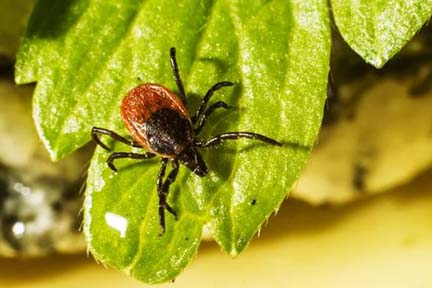
MDHHS and GetSetUp renew partnership

Press Release FOR IMMEDIATE RELEASE: June 7, 2022 MDHHS CONTACT: Bob Wheaton, 517-241-2112, WheatonB@ GETSETUP CONTACT: Liz Miller, 888-559-1614, press@ MDHHS and GetSetUp renew partnership and expand to Library of Michigan to continue reducing isolation for older adults LANSING, Mich. – GetSetUp, an interactive learning community where older adults better their lives through the pursuit of learning, has renewed its partnership with the Michigan Department of Health and Human Services (MDHHS). The partnership with MDHHS’s Behavioral and Physical Health and Aging Services Administration has been so effective that the state is expanding free access to the program through 2023 and increasing access through an agreement with the Library of Michigan and its 400 branches around the state. Library patrons can access GetSetUp from public access computers, or they can log on through their library’s website and direct questions to library staff. GetSetUp’s initial partnership with MDHHS reduced isolation and loneliness by making its services available to the 2.4 million older adults in Michigan. That included reaching 108,000 older adult learners in the first year who enjoyed classes and discussions on a variety of topics such as healthy aging, fitness, photography, technology and mental well-being. GetSetUp offers real-time, engaging learning experiences that range from teaching everyday technical skills to enrichment-focused courses taught by expert instructors. Since starting the partnership with Michigan in 2020, GetSetUp has expanded to more than 4,500 classes. It offers classes 24 hours per day in languages such as English, Spanish, Hindi and Mandarin, with instructors and participants from all over the world. Its custom-designed video platform was made specifically for older adults to easily learn new skills and connect with a trusted community. “With over 40% of Michigan older adults living alone across a diverse geography and in rural areas, social isolation and loneliness are critical problems we are taking proactive steps to address,” said Farah Hanley, chief deputy director for health at MDHHS. “GetSetUp is a key part of our solution, helping older adults overcome their fears and reluctance to learn technology, providing safe socialization opportunities, and creating a sense of purpose through learning that improves mood and mental health,” Hanley said. “We are excited to extend our partnership with GetSetUp through 2023.” GetSetUp’s model of community-based classes taught by experts – who are older adults themselves – has helped older adults become more comfortable with technology so they can now access state-provided services and manage their own health and wellness. They’ve also explored their creative sides and shared their knowledge with others. Michigan community members who are participating are spending on average two to 10 hours a week on GetSetUp. Dozens of Michiganders have become active ambassadors who host their own interest groups on topics that matter to them, including Dealing with Diabetes, Meatless Recipes and more. Several Michiganders have even become paid guides on the platform, serving as a model and inspiration for expanding peoples’ economic opportunities. “We are thrilled to be continuing to partner with MDHHS and expanding to include the Library of Michigan and its branches,” said Lawrence Kosick, president and co-founder at GetSetUp.“We admire how dedicated to meeting the needs of their older adults the State of Michigan has been and the support they have fostered in scaling GetSetUp’s life-long learning offerings to their older adult community. We look forward to reaching even more Michiganders to assure that they, too, have the opportunity to stay active and engaged and reimagine themselves at any age in a safe, fun and interactive way.” About GetSetUp GetSetUp is on a mission to help those over 55 learn new skills, connect with others, and unlock new life experiences. The social learning platform helps more than 4.6 million older adults in 160 countries stay mentally and physically fit, creates economic opportunities through jobs and reskilling, and provides a community where people find meaning and purpose by sharing their knowledge and passions and forming new connections. Classes are taught by older adults on a highly interactive, custom-built video platform where older adults can connect during and in between classes. Learn more at www.getsetup.io/michigan. |








